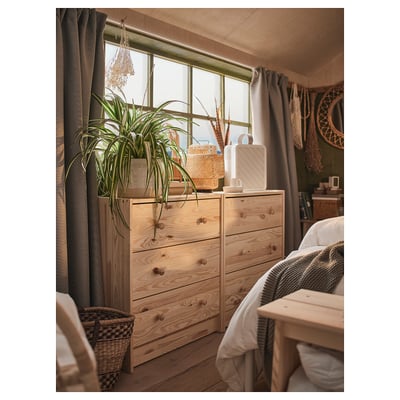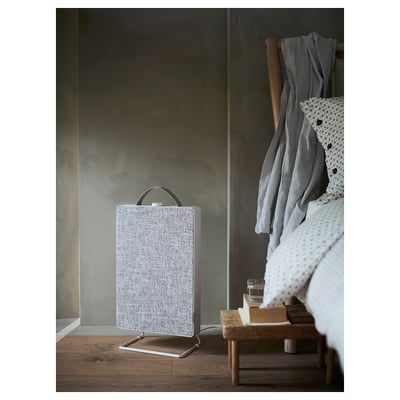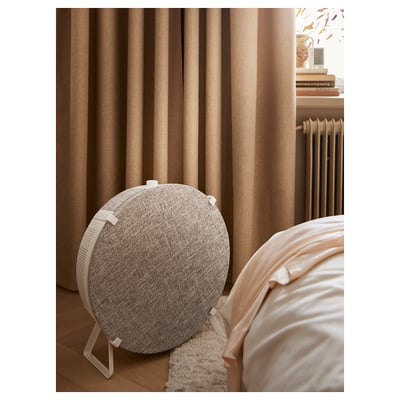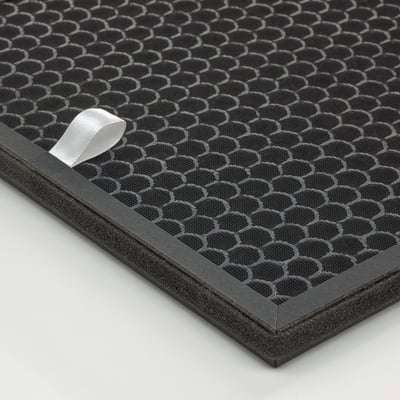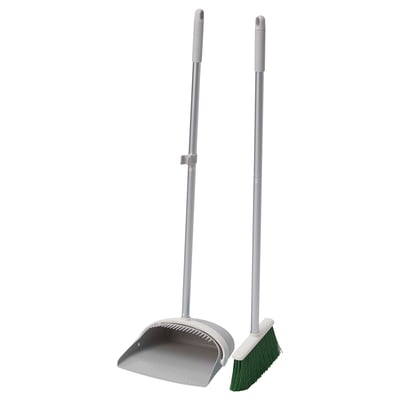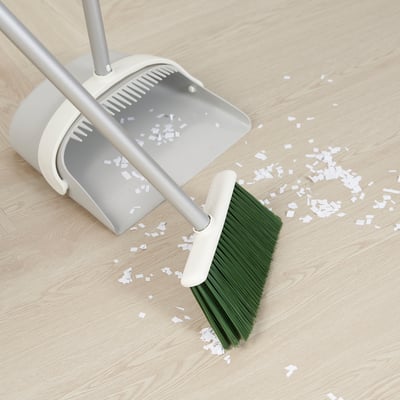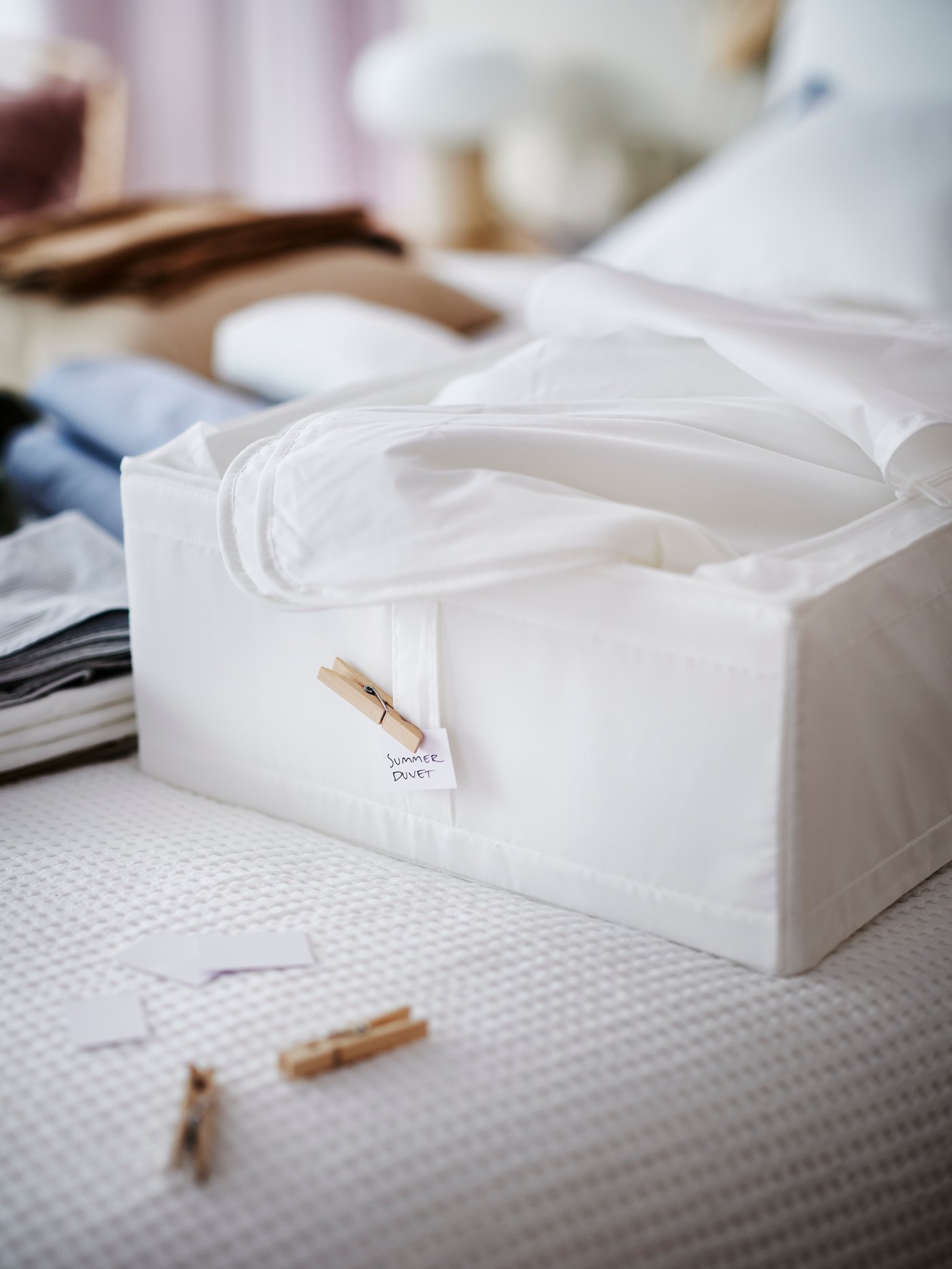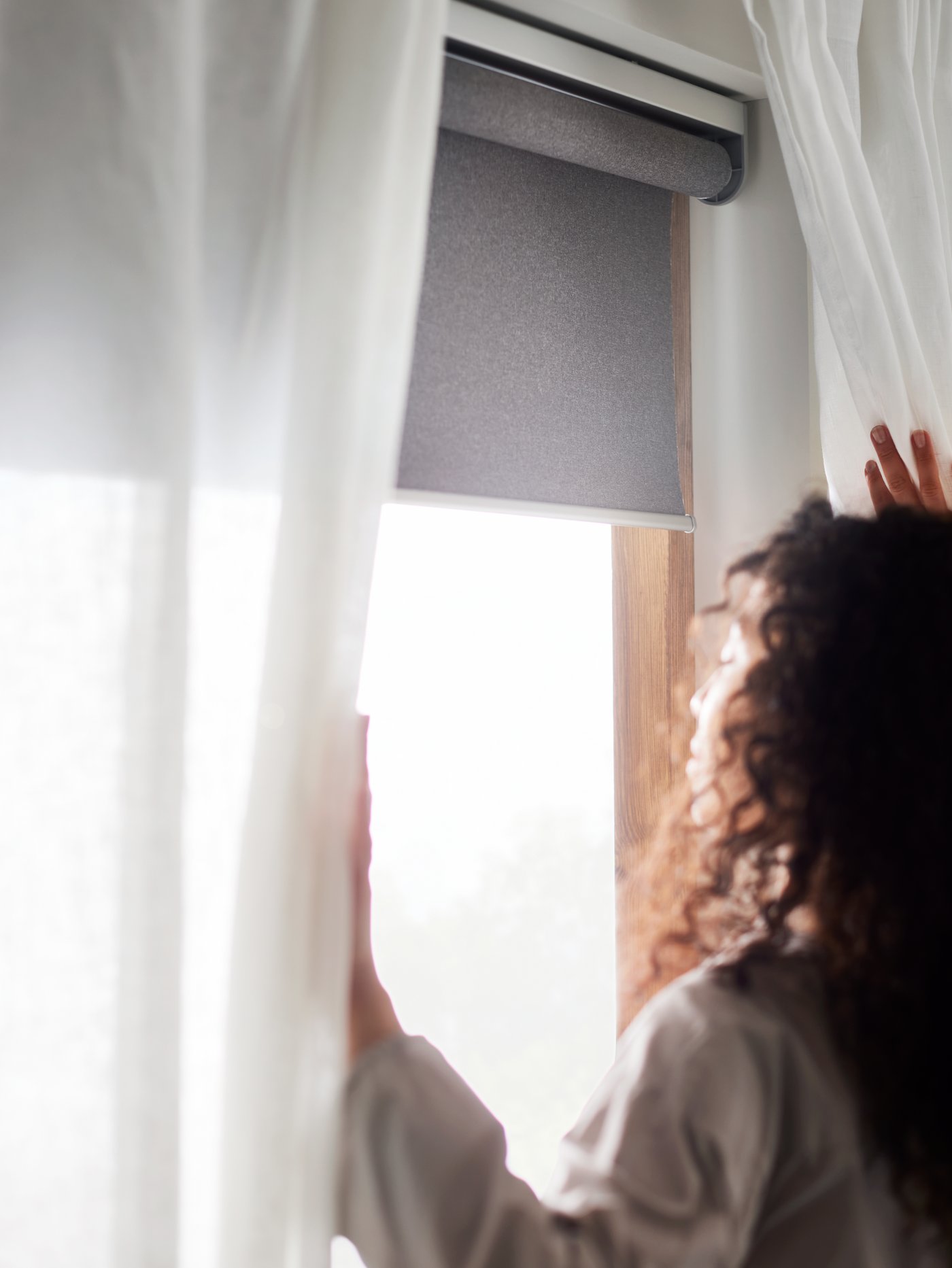Air quality
Breathe clean, sleep deep
Good air quality is essential for restful sleep. Reduce indoor and outdoor pollutants to create a cleaner, healthier sleeping environment.
Plants to help you grow to sleep
Plants are nature’s air purifiers. They can help remove mold spores and other toxins that may disturb your beauty sleep. Visit your local IKEA store to stock up on our most beautiful, in-season live plants, as well as stylish pots, stands and more affordable plant accessories.
Explore more essentials for great sleep
Your air is purified and optimized for snoozing, so what’s next? It’s time to learn more about the other five components that can help you get a great night’s sleep every night!
The importance of air quality in sleep
Air quality significantly impacts your sleep quality and overall health. Poor air quality can lead to respiratory issues, allergies, and disrupted sleep. By improving the air quality in your bedroom, you can create a cleaner, healthier environment conducive to restful sleep. Here’s how to enhance your bedroom air quality for better sleep.
Tips for improving bedroom air quality
Use an air purifier
An air purifier can help remove pollutants and allergens from the air. Here’s how to choose and use one:
- HEPA filters: Select an air purifier with a HEPA filter to effectively capture small particles like dust, pollen, and pet dander.
- Placement: Place the air purifier in a central location in your bedroom for maximum effectiveness.
- Maintenance: Regularly replace or clean the filters according to the manufacturer’s instructions to ensure optimal performance.
Keep your bedroom clean
Regular cleaning is essential for maintaining good air quality. Here are some tips:
- Dusting: Dust surfaces regularly to prevent the buildup of dust and allergens. Use a damp cloth to avoid spreading particles into the air.
- Vacuuming: Vacuum your bedroom carpet and rugs at least once a week using a vacuum with a HEPA filter.
- Bedding: Wash your bedding, including sheets, pillowcases, and blankets, weekly in hot water to kill dust mites and remove allergens.
Control humidity levels
Humidity levels can affect air quality and comfort. Here’s how to manage them:
- Ideal range: Maintain humidity levels between 30-50% to prevent mold growth and reduce dust mites.
- Dehumidifiers: Use a dehumidifier in humid climates or seasons to reduce excess moisture in the air.
- Humidifiers: In dry climates or during winter, use a humidifier to add moisture to the air and prevent dryness in your throat and nasal passages.
Ventilate your bedroom
Proper ventilation helps to remove stale air and bring in fresh air. Here’s how to ventilate effectively:
- Windows: Open your bedroom windows for at least 15 minutes a day to allow fresh air to circulate.
- Fans: Use fans to improve air circulation, especially if your bedroom has limited natural ventilation.
- Exhaust Fans: If your bedroom is connected to an adjoining bathroom, use the exhaust fan to remove excess moisture and odors.
Avoid indoor pollutants
Minimizing indoor pollutants can significantly improve air quality. Here are some tips:
- Smoking: Avoid smoking indoors as it releases harmful chemicals and particles into the air.
- Scented products: Limit the use of scented candles, air fresheners, and cleaning products that can release volatile organic compounds (VOCs).
- Chemical-free cleaning: Use natural or chemical-free cleaning products to reduce exposure to harmful chemicals.
Additional strategies for optimal air quality
Introduce indoor plants
Indoor plants can help improve air quality by absorbing pollutants and releasing oxygen. Here are some good options:
- Spider plant: Known for its ability to filter toxins like formaldehyde and xylene.
- Aloe vera: Helps remove benzene and formaldehyde and releases oxygen at night.
- Peace lily: Effective in removing common indoor pollutants and improving air quality.
Use natural air fresheners
Natural air fresheners can improve air quality without introducing harmful chemicals. Consider these options:
- Essential Oils: Use a diffuser with essential oils like lavender, eucalyptus, or peppermint to naturally freshen the air.
- Baking Soda: Place bowls of baking soda around your bedroom to absorb odors.
- Activated Charcoal: Use activated charcoal bags to absorb moisture and odors.
Regularly check and replace HVAC filters
Your HVAC system can impact your bedroom air quality. Here’s how to maintain it:
- Regular checks: Check your HVAC filters regularly and replace them every 1-3 months.
- High-quality filters: Use high-quality, high-efficiency filters to capture more particles and improve air quality.
- Professional maintenance: Schedule regular professional maintenance for your HVAC system to ensure it’s operating efficiently.
Address mold and mildew
Mold and mildew can significantly impact air quality and health. Here’s how to prevent and address them:
- Inspection: Regularly inspect your bedroom for signs of mold and mildew, especially in damp areas.
- Cleaning: Clean any mold or mildew promptly using a mixture of vinegar and water or a commercial mold cleaner.
- Prevention: Use a dehumidifier and ensure proper ventilation to prevent mold growth.



